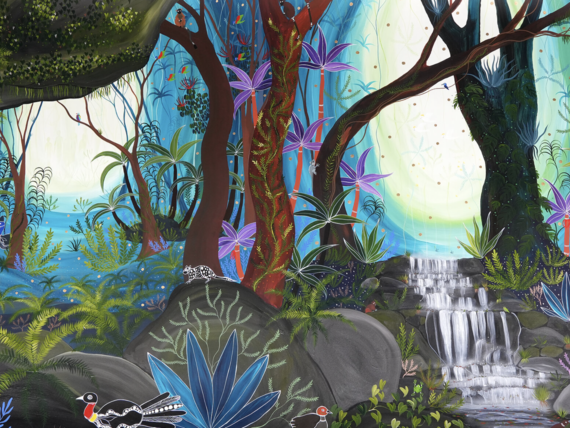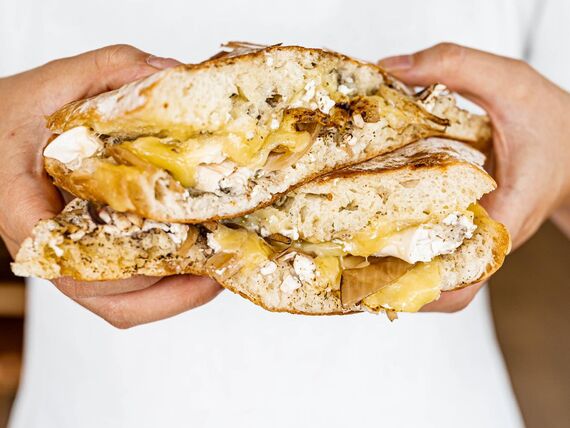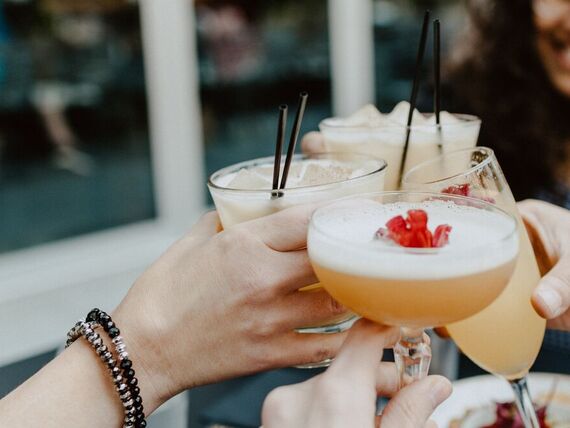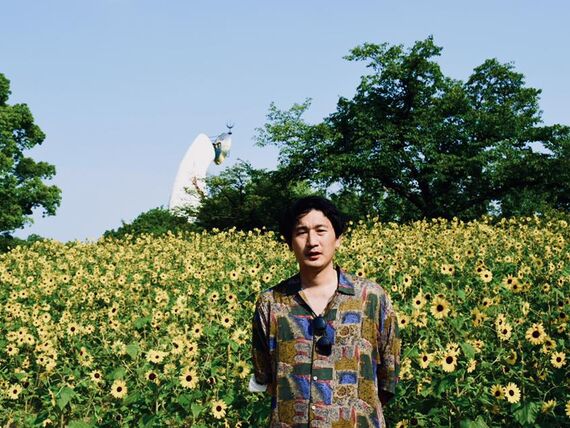Chinese-Australian pioneer who helped shaped the future of Cairns
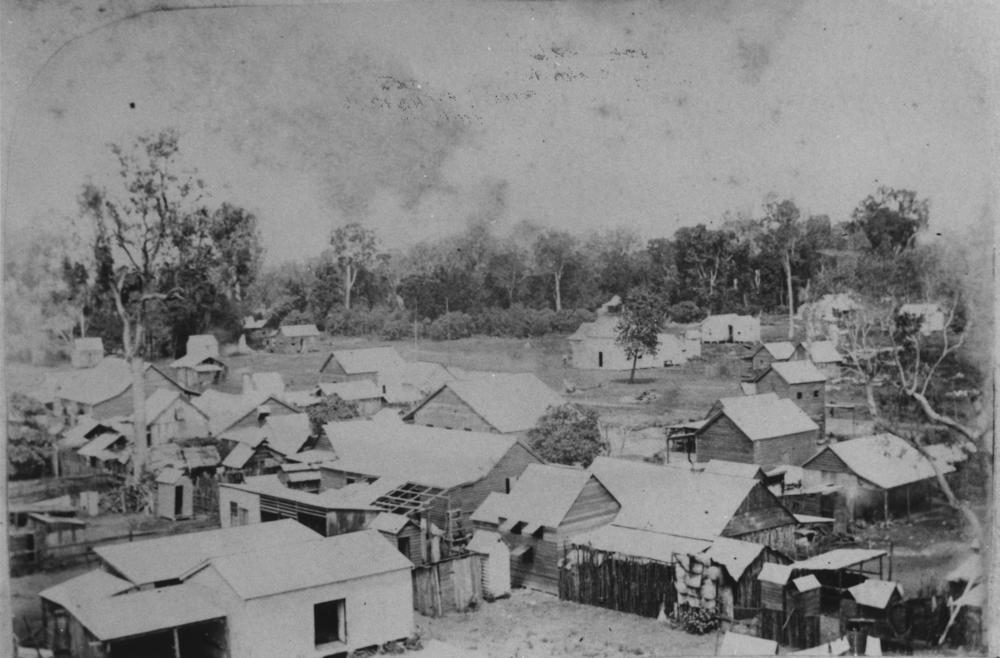
Asking a bank for a £2000 pound loan was a big deal back in 1892. Equivalent to more than $300,000 Australian dollars in today’s currency, it was a particularly risky proposition for a property play in the frontier town of Cairns. The place was only formally declared a township a decade or so earlier.
Despite the scale of the financial risk at the time, Chinese-born businessman Andrew Leon exuded confidence about his proposal to the bank. During the preceding decade, he had established himself as a respected businessman and community identity, to the extent that he became an unofficial conduit between the growing number of Chinese residents and the broader community.
BOOM STREET
Mr Leon’s latest venture in need of financing was a plan to buy commercial property on Sachs St in the heart of what was then Chinatown.
Eyeing off Lot 2 Allotment 18, Mr Leon could see future growth in the burgeoning goods and services economy catering for local Chinese residents, as well as prospectors, sugar cane workers and labourers of various skill types.
Based on his impeccable reputation and business acumen, the Queensland National Bank duly granted Mr Leon the substantial mortgage.
His gamble quickly paid off. Within 12 months of his purchase, four shops operating on his site were recorded as paying rates for the first time in the local council’s Municipal Rates Book.
From that point on, Sachs St thrived. According to the Queensland Heritage Register, the street was bustling with “boarding houses, opium dens, gaming houses, and merchant stores”.
Prostitution was another driver of the localised economy on Sachs St, with brothels operating in close proximity to the Lit Sung Goong Temple.
AGRICULTURAL INNOVATOR
This history of Sachs St – renamed Grafton St in the 1930s to distance the street from the shadier elements of its past - is well documented and today plays host to our city’s Chinese New Year Celebrations.
Less publicised but perhaps even more important to the growth of Cairns was Mr Leon’s innovations in the field of agriculture.
It was Mr Leon who helped established the Hap Wah Plantation, which researchers describe as the “spark that ignited the Cairns region’s sugar industry”.
Located on a site near Earlville owned by Mr Leon, the Hap Wah Company’s Pioneer Mill crushed and manufactured the region’s first cane sugar.
According to the Cairns and District Chinese Association, Mr Leon was the “selector, manager and spokesman for the 1250-acre plantation”.
LEGACY
It took more than a century for this remarkable legacy in local farming to be formally recognised.
As part of the Cairns Chinese New Year Festival in 2013, Mayor Bob Manning was joined by members of the local Chinese community to unveil a commemorative plaque at Stockland Cairns in honour of Mr Leon’s work establishing the Hap Wah Plantation.
“Cairns had a high population of Chinese settlers, who were prominent in the early development of the city,” Cr Manning said at the ceremony.
“It was hardworking people like Andrew Leon and his colleagues who built this region. He was a pioneer in the sugar industry and he created employment for other hardworking people. Stockland Earlville is located right in the middle of what used to be the Hap Wah plantation.”
Mr Leon passed away in Cairns at the age of 80 in 1920, but physical markers of his legacy remain.
While his cane farming site made way for housing development and, later, Stockland Shopping Centre, the building he borrowed 200 pounds to purchase in the late 19th century still stands at 99 Grafton St.

